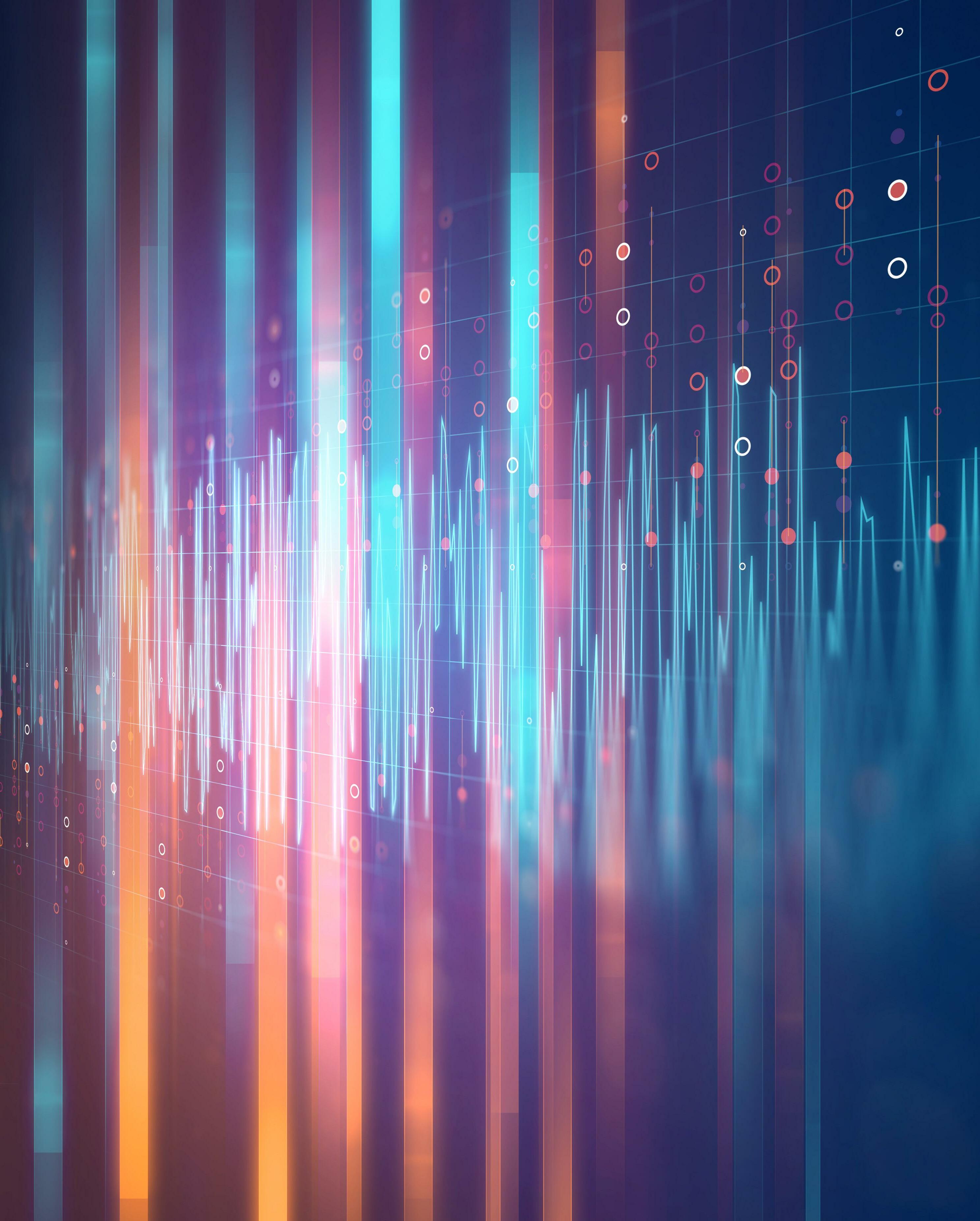
5 minute read
The Importance of Music Technology for 21st Century Music Programs Fall 2018
The Importance of Music Technology for 21st Century Music Programs
By: Dr. Jon Fielder | Instructor of Audio, SAE Expression College | Republished from 2018
Advertisement
The musical landscape in America saw numerous changes throughout the 20th century, and continued developments in the 21st century, specifically in the fields of recording, and electronic music composition and performance. Advancements in recording technology have led to higher quality recordings as well as the ability for independent musicians to create and produce their music. The creation of new digital technologies for creating music - portable synthesizers, audio editing and sequencing software, MIDI controllers, and availability of thousands of plugins for signal processing - have opened artists to new methods of expression and sound design. Online companies like Bandcamp, Tunecore, and CD Baby provide independent artists the means to share, distribute and sell their music without the need for record labels and contractual obligations. The myriad of technological developments has unquestionably changed the paradigm of the art and business of music. Now, more than ever, an understanding of music technology - even at a basic level - is essential for any professional and formal education in music. The American university system was home to some of the earliest experiments in electronic music, notably the Columbia-Princeton Electronic Music Center and the electronic music studios at the University of Illinois at Urbana-Champaign. John Chowning, a professor who taught at the Center for Computer Research in Music and Acoustics at Stanford University (CCRMA), developed the technique of FM synthesis in 1973. This method of synthesis became a staple of pop music with the creation of the Yamaha DX7 synthesizer in 1983, a leading form of synthesis for music in the mid-80s and later in video games of the 90s. Many of the approaches to modern electronic music have their roots in the experimental music that existed primarily in academia, and for decades was even on the fringes of contemporary concert music. In the midst of the rapidly changing music industry, many academic institutions across the country - public and private - have expanded their music departments to include electronic music studios, as well as programs dedicated to music recording and engineering. However, numerous academic institutions have not added electronic music and engineering programs to their curricula, or continue to keep it a fringe field that is not necessarily part of the required course sequence for all undergraduate music majors. The lack of these programs in any institution is of concern and in need of attention. Of greater importance is the need for placing the appropriate weight into these disciplines, because of the incredible service they offer students - a skill
set necessary for being a 21st century musician. Current practices of electronic music and the field of audio engineering require a vast array of knowledge beyond an understanding of music theory, history, composition, and performance technique. Being an engineer, electronic composer, and/or sound artist necessitates a comprehension of signal processing, hardware (cables, interfaces, speakers, microphones, consoles, etc.), software, audio editing, and the fundamentals and physics of sound. Competency of audio technology can be applied to nearly any and all practices of music beyond the aforementioned fields. It is becoming increasingly common to amplify instrumentalists of all kinds in live performances; acoustic players are utilizing technology for performing concerts and recording full albums of electro-acoustic compositions (Pamela Z, Lindsey Goodman, Keith Kirchoff), and some are blending genres of pop and classical with implementation of various types of live effects processing and multimedia productions (Jacob TV, Holly Herndon, Tyondai Braxton). In 2017, the Pittsburgh New Music Ensemble began utilizing binaural recording and headphones during live performances to create a fully immersive listening experience. Organizations like the Society of Electro-Acoustic Music of the United States (SEAMUS), and International Computer Music Association (ICMA) create numerous opportunities for the performance and research of experimental and avant-garde electronic music practices. Classical musicians, like independent songwriters, artists and producers, must also record and distribute their artistic endeavors, thus reinforcing the importance of possessing, at minimum, a functional understanding of the music industry, recording processes, and methods for distribution. My academic coursework was filled with a wide range of courses in music and audio technology at all institutions I attended from Bachelors through Doctorate. That particular path is not common for many music students, however, these courses helped shape every facet of my career for the last decade. I’ve worked as a composer, live sound engineer, recording engineer, mixing and mastering engineer, as a music and sound editor for TV and film, as a freelance sound designer, and currently as an instructor of music and audio at SAE Expression College in Emeryville, CA. My coursework in music technology was unequivocally a key aspect of my music education, and in some ways prepared me for my music career just as much as my extensive training in music theory, history and aural skills. Any and all situations in which I’ve worked as a live sound technician or recording engineer were undeniably smoother and more productive when working with musicians who possessed knowledge of amplification, microphone placement, and the process of recording in a studio or concert hall. As our lives become increasingly linked to advances in technology, so must our models for education. I maintain that academia is first and foremost a place for people to expand their horizons, to gain exposure to knowledge and cultivate an understanding of the world around us. Nevertheless, one cannot understate the inherent function of academia as, to some degree, job training. If the goal of music programs in higher education is to cultivate artistry while preparing creative minds to thrive in the everchanging world of technological innovation, then we must accept the necessity of, at least, a basic understanding of electronic music, signal processing, and principles of acoustics for all music students. Expanding the core music curriculum to fill these gaps provides young artists with so little to lose, yet much to gain.











